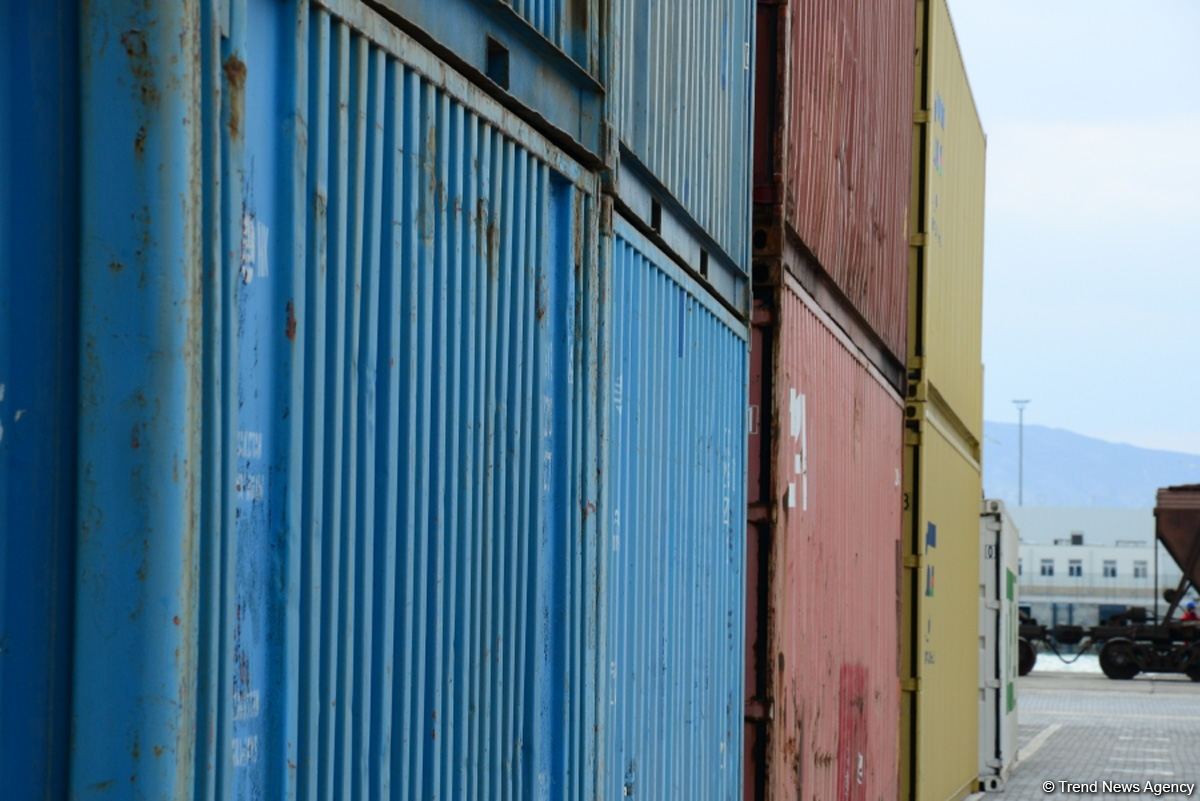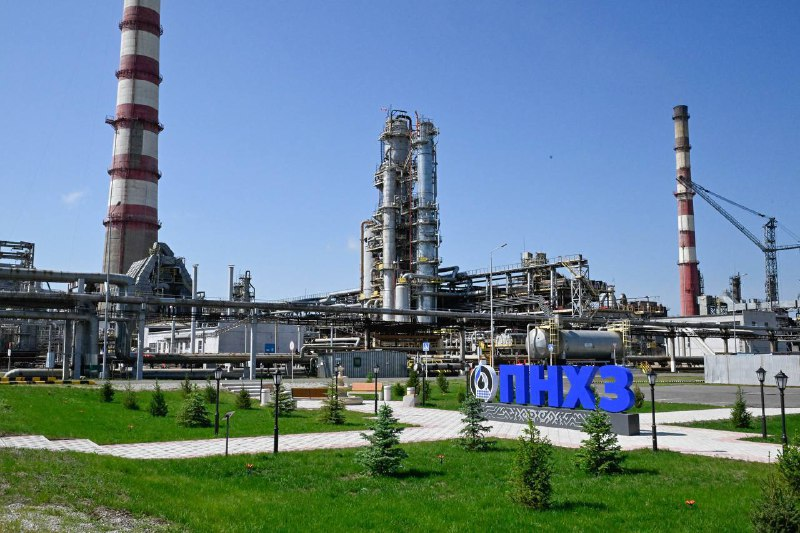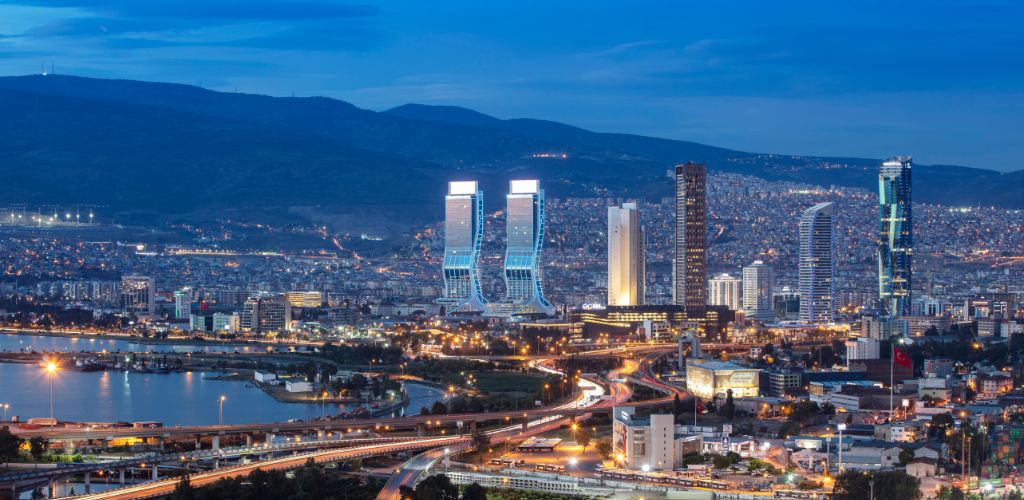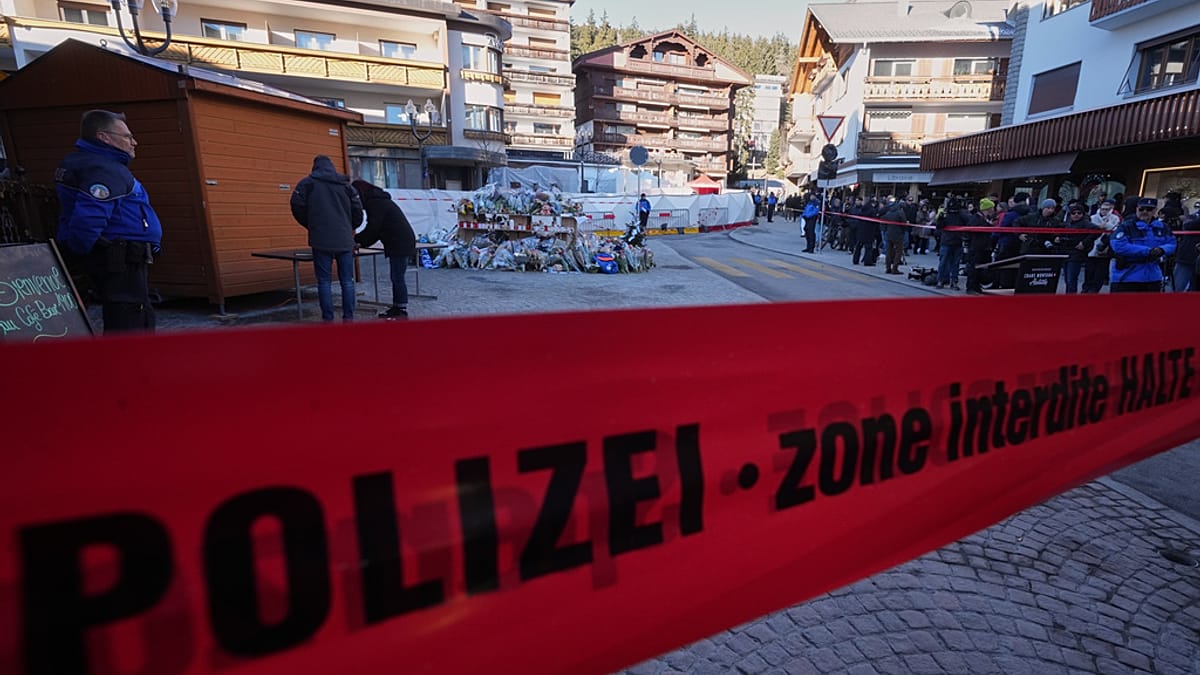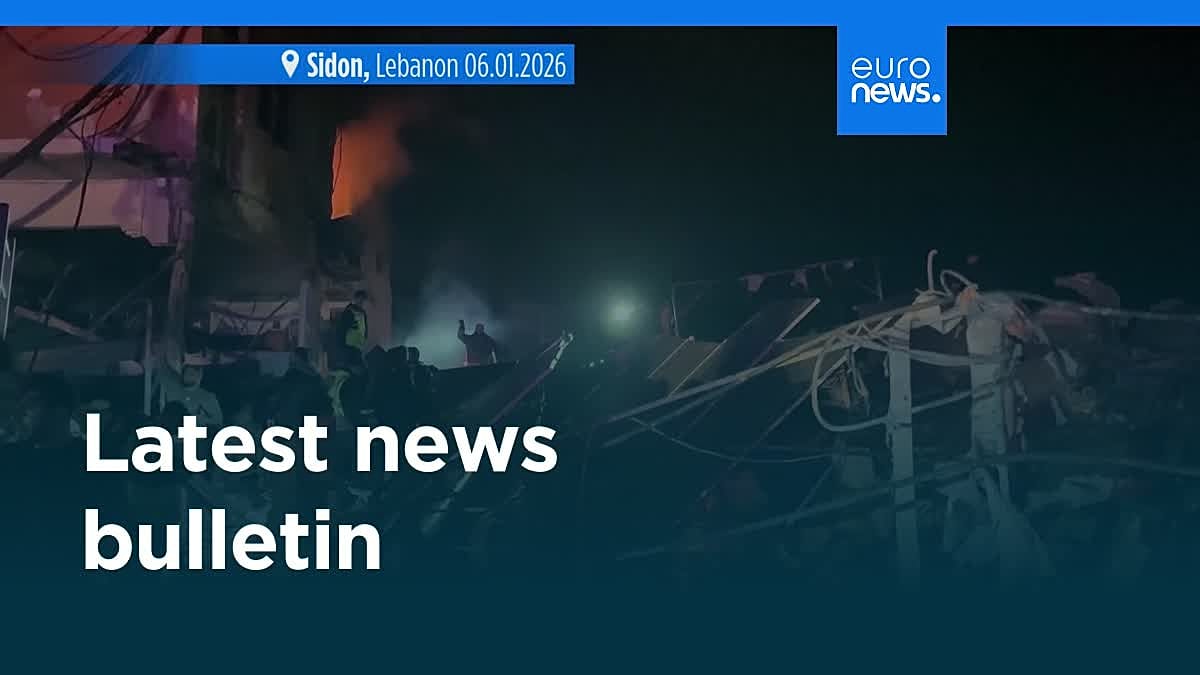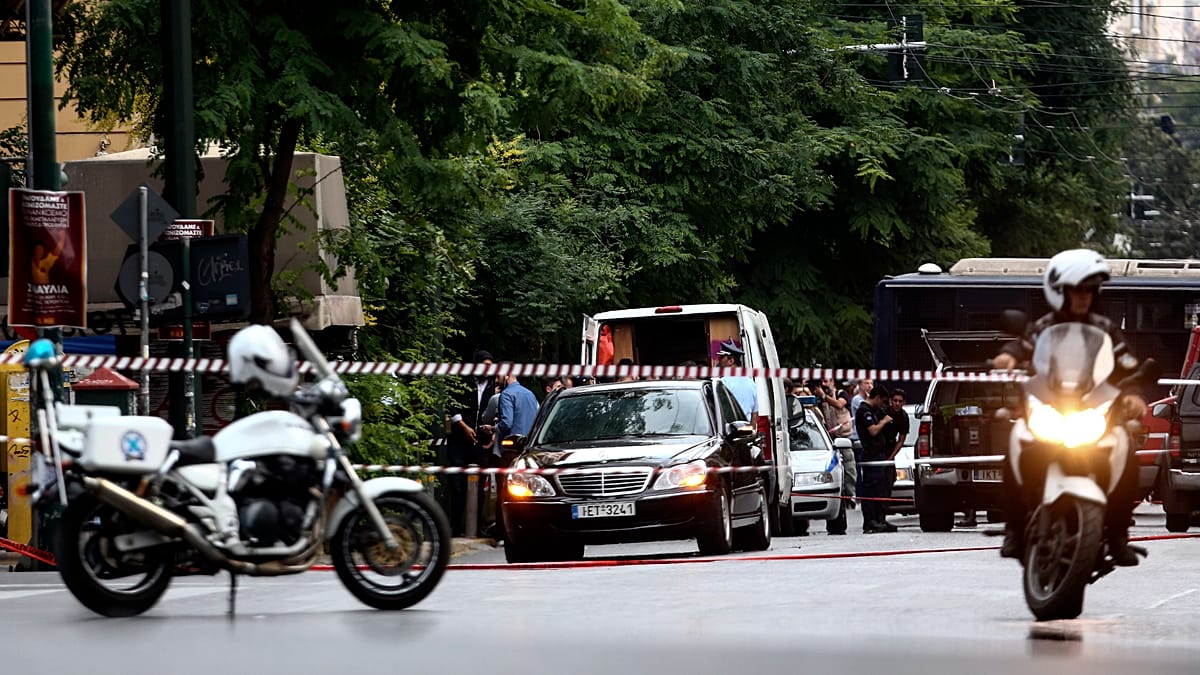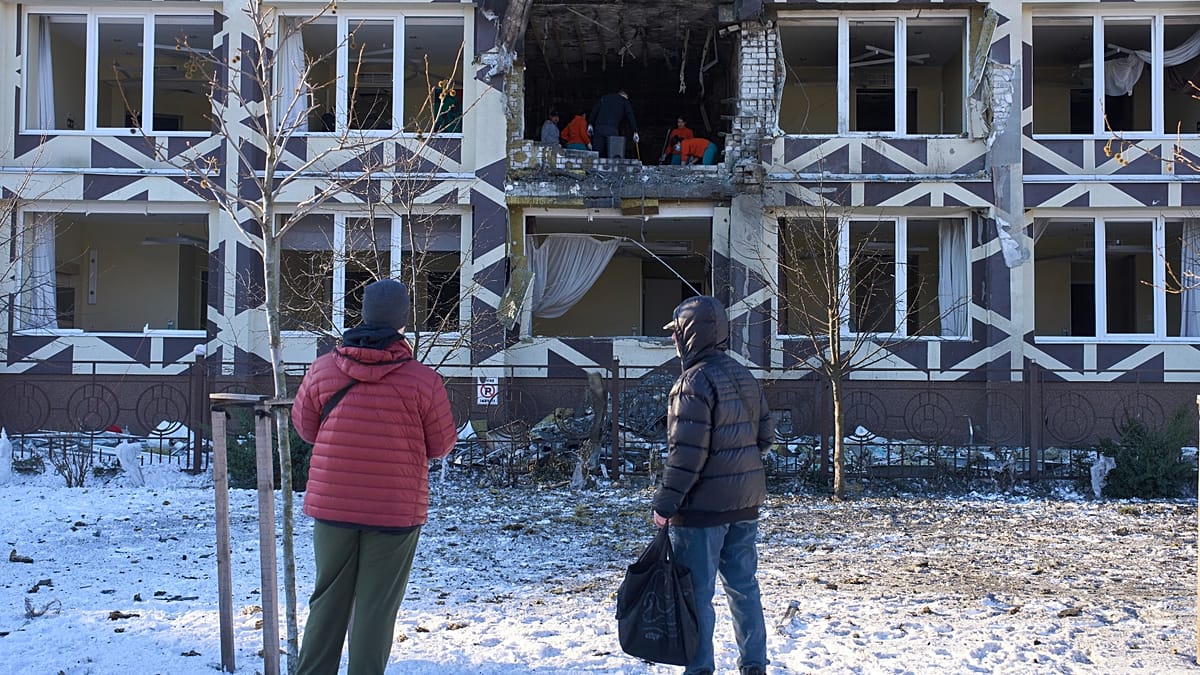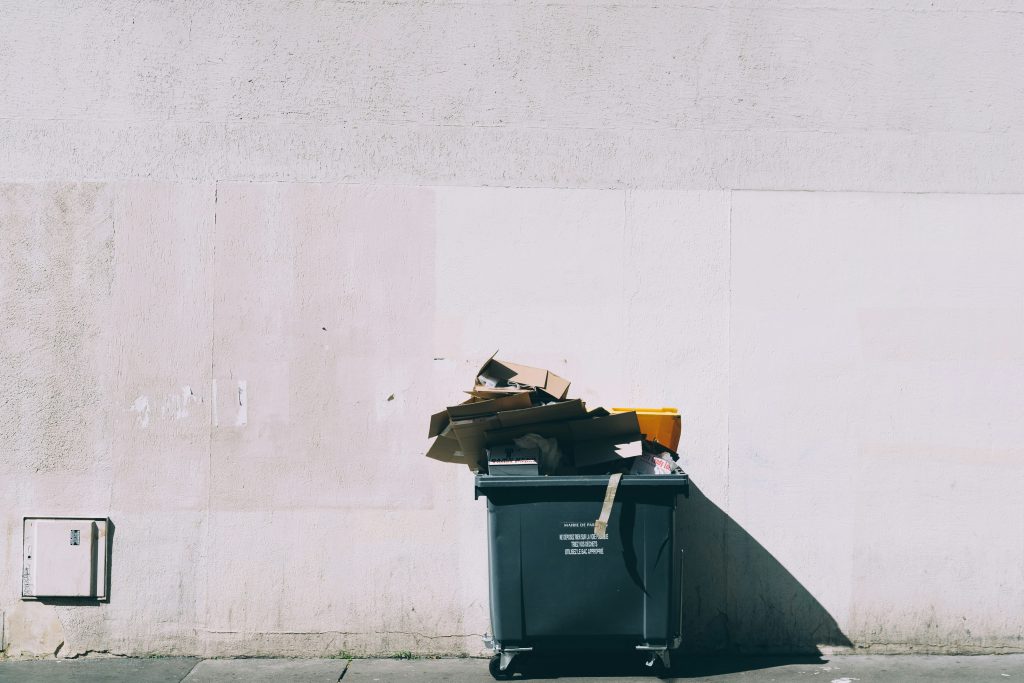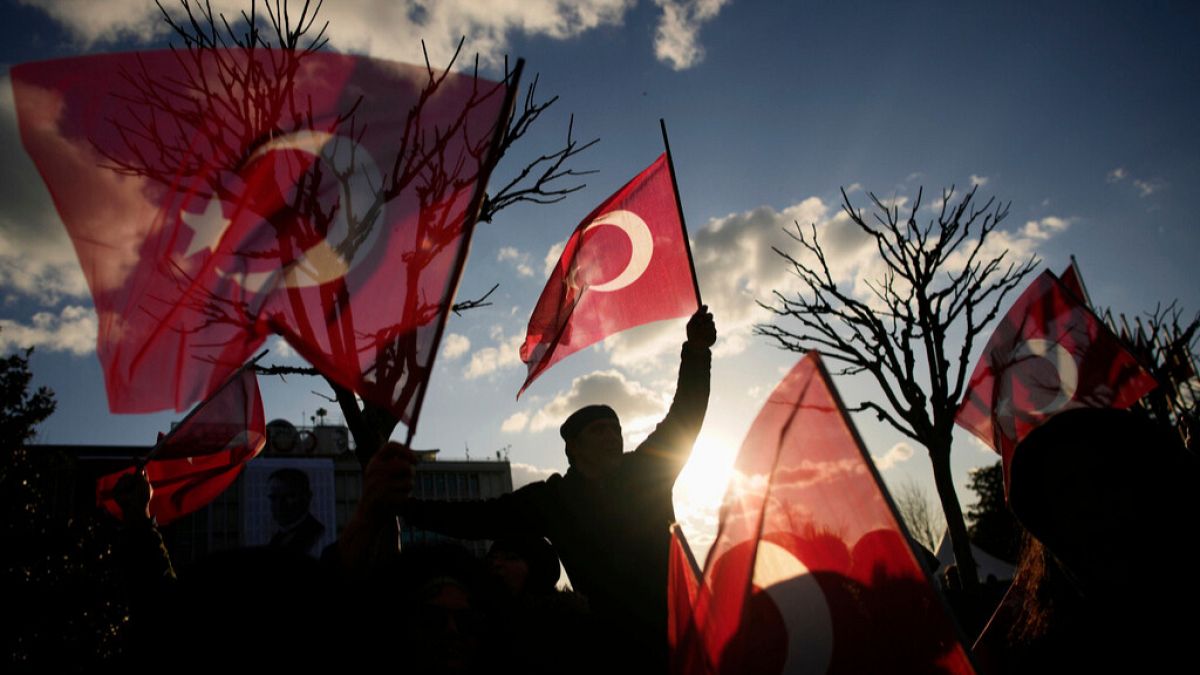Bulgaria will join the EU’s decisions to suspend contracts for the use and transit of Russian gas

NEW YORK/BRUSSELS – Bulgaria, as part of the European Union, will join the EU’s decisions to suspend contracts for the use or transit of Russian natural gas in the short term, by 2026. This was stated by the Bulgarian Prime Minister Rosen Zhelyazkov, who leads the Bulgarian delegation for the 80th regular session of the United Nations General Assembly (UNGA) in New York, according to the government press service.
“Since the derogation we insisted on was lifted, Russian oil is not being processed at the local ‘Neftohim’,” Zhelyazkov said.
“We have already contacted for October and November, and under very good conditions, liquefied natural gas from the USA, and our market is fully supplied with the necessary natural gas at competitive prices,” the Prime Minister added.
The European Commission proposes that the EU halt imports of fossil Russian fuels, regardless of the developments in the war in Ukraine, a commission spokesperson stated on Monday at a press conference in response to questions. He noted that the list of new sanctions against Russia only includes the cessation of imports of Russian liquefied gas.
When there is peace in Ukraine, the sanctions may be lifted. The EC’s proposal (to stop fuel imports from Russia) also concerns oil and is not time-limited, he clarified regarding the commission’s guidelines for the development of renewable energy in the EU.
The sooner we stop importing fuels from Russia, the better, the spokesperson commented. According to him, the proposal to halt imports of liquefied Russian gas by 2027 is feasible, as new suppliers have emerged in the market in recent months. He specified that the proposed new sanctions do not affect imports via the “Druzhba” pipeline to Hungary and Slovakia. The EU Council and the European Parliament will assess whether the EC’s proposal related to renewable energy should be moved forward, he pointed out.
Until 2022, Bulgaria primarily received natural gas from Russia. After the start of the war against Ukraine, the Russian company “Gazprom” unilaterally halted supplies. At that time, Sofia turned to imports from other countries and connected its gas pipeline network with Greece, with the help of EU funds. (September 22-24)
